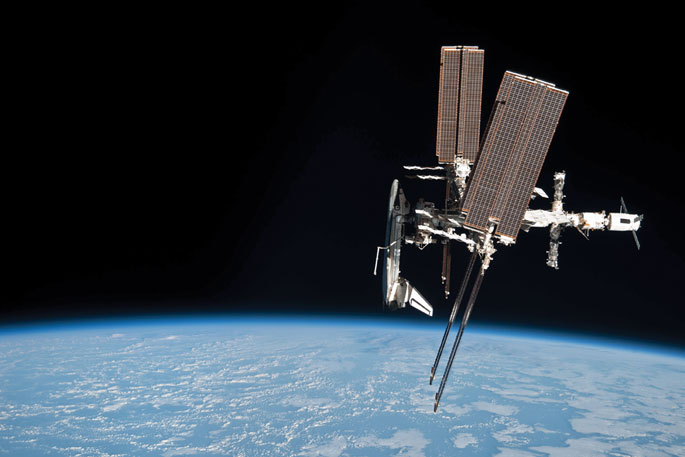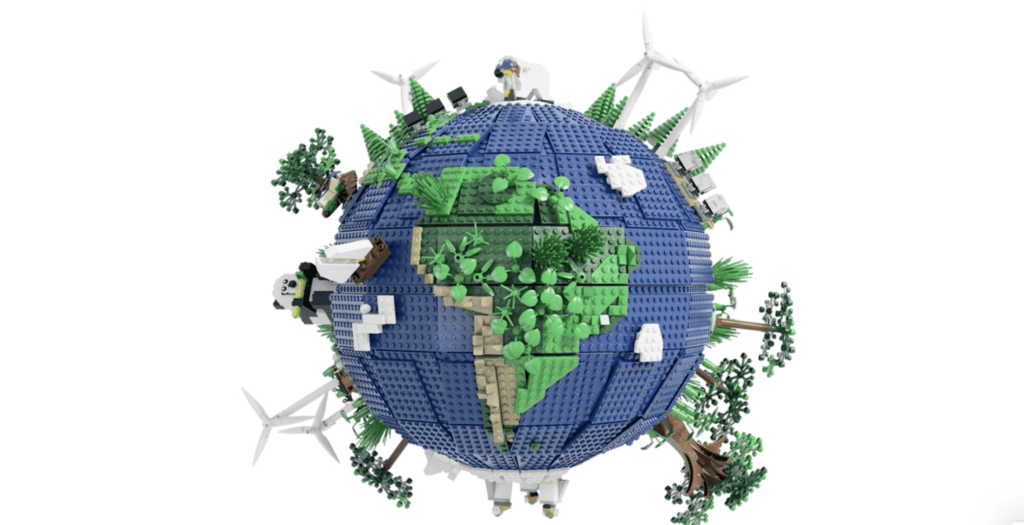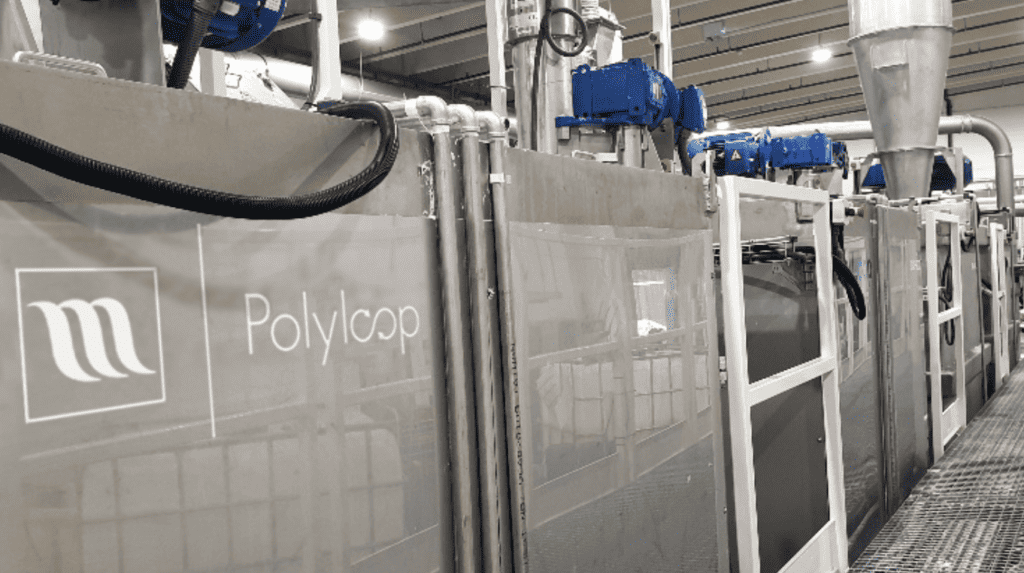“Houston, Houston, we have recyclables…”
NASA’s International Space Center (ISS) has been manned since the year 2000, with the common understanding that the people living on the ISS require the basic necessities of life, including air and water, to survive. As there are no Tesco, Sainsbury and Waitrose in space, (although perhaps NASA might plan to introduce some in the future), the only possible solutions to sourcing air and water are: either supply the people in the ISS with the fresh stuff via space crafts from earth, or begin recycling the water or air within the ISS. The first option was used for a long time (until 2010), while the second was brought into use in 2010.
Recycling Water- How and Why?
NASA have revealed that its astronauts recycle almost 93% of the water used in the ISS. This includes water used in washing, sweating and even from urine. It may sound disgusting, but it’s now a daily part of life on one of the most impressive satellites in orbit of Earth. You may be surprised to learn that the water produced by recycling on the ISS is purer than the water we drink here at Earth. The need for recycling water in the ISS is obvious, we all need water to live, but when you live so far from the planet, recycling becomes the most feasible and logical option.
The ISS has specially developed processes and machinery for recycling the water used by astronauts. It consists of many filters, as well as a very large distiller. The wastewater is collected into a purifier and is then filtered and distilled. NASA representatives suggest that this purifier can recycle as much as 6000 liters of water per year. Astounding.
Air- Supplying Oxygen and Removing Carbon dioxide
The importance of oxygen to life is not up for debate, life simply cannot continue without it. In order to ensure the supply of oxygen to the inhabitants of the ISS, NASA’s engineers have applied the ‘closed system’ solution, which involves recycling the residue water and splitting it up into oxygen and hydrogen by using an Oxygen Generator System.
The Oxygen Generator System is not actually present in the ISS, and depends on the Russian ‘Progress’ ship to provide it with oxygen. On the progress ship, fuel cells are used to produce electricity, with water being a byproduct of this reaction. This, along with the water redeemed from moisture in cabin air, as well as from the Sabatier Reaction, is used to produce oxygen by employing electricity. This breathable oxygen is stored in the cryogenic tank of the ISS so that it may be consumed by the astronauts aboard it. As a result, recycling water allows for the production of oxygen, and the recycling of oxygen into cabin moisture then creates more moisture, meaning more water, and thus, more oxygen. It’s a clever cycle.
Technology can help Reduce Waste or Pollution
Another important process carried out in the ISS is the removal of carbon dioxide and water vapor. This is done through the Carbon Dioxide Removal Assembly (CDRA). A process known as ‘CO2 Scrubbing’ takes place, involving the blowing of air through a layer of artificial rocks, known as zeolite, removing the carbon dioxide and water vapor in the air. The removed carbon dioxide is then combined with hydrogen, the byproduct of the Oxygen Generator System to form water, and methane gas by the Sabatier Reaction. Methane is released into space and the water is used to produce more oxygen.
Reusing the air and water in the ISS has opened up a new era in human history; it has made the ISS a closed environment, a world of its own.
Want to find out when the ISS will fly over you? Go here









